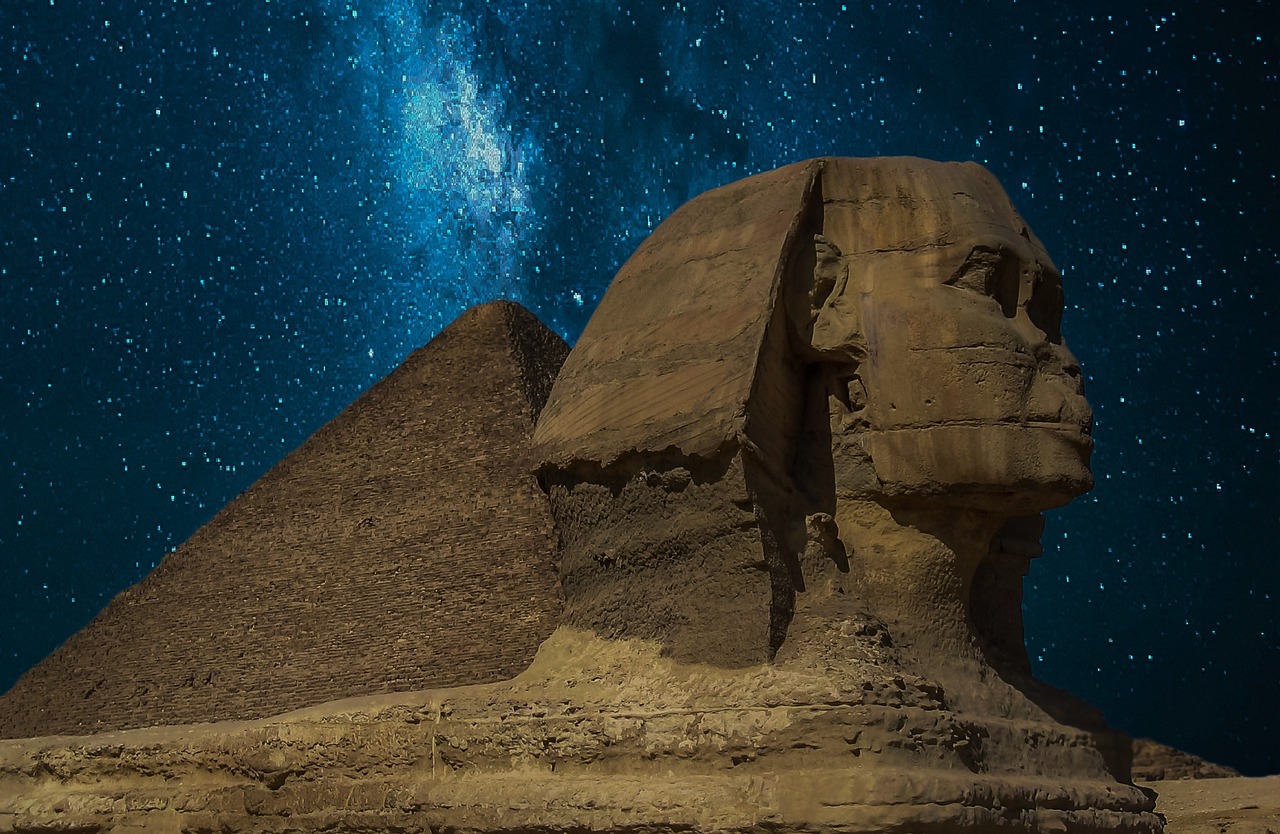 Submitted by ANTARA - Manager on
Submitted by ANTARA - Manager on

pixabay.com
“The sky rejoices, the earth dances, the sacred musicians shout in praise.” ~ Inscription from temple of Hetheru at Denderah
Schmai, to make music
Music was an integral part of the Ancient Egyptian Mystical Religious system. References to this can be seen on surviving walls of the temples including depictions of musical instruments that were part of temple rituals. Ancient Egyptian sages held tight control on theater and music as indulgence in both was believed to cause undesirable behaviors from the underlying mental agitation is caused. The great Pythagoras wrote that the Ancient Egyptians placed particular attention to the study of music and Plato stated that the ancients thought music to be beneficial to youths:
In education of the youths they were particularly strict … they knew that children ought to be early accustomed to such gestures, looks and motions are as decent and proper; and not to be suffered either to hear or learn any verses and songs that those which are calculated to inspire them with virtue; and consequently took care that every dance and ode introduced at their feasts or sacrifices should be subject to certain regulations.
Concerning the spirituality of music, the Ancient Egyptians believed that music was of Divine origin connected to sacred endeavor. Musicians were contracted and kept on salaries at the temples.
Music had the power to carry the mind to either to elevated spiritual or worldly states. Too much indulgence in music outside of sacred boundaries and used for escapism or entertainment meant the mind became uncontrolled leading to evil urges, cravings and lust. These things were too mundane and left the state of mind distorted and incapacitated. Today we see how music might be associated in just this way when it is tied to various abuses or escapism. With the advent of technology this also includes the effects of both audio and audio/visual on humans in that regard. Conversely, it is considered an aid when it is used to accompany meditation and yoga.
For good or ill, whichever way it is used, music not only affects the mind but the body as well. The vibrations of music and the feelings evoked through lyrics trigger the production of certain bio-chemical processes in the mind and body. Music in movies, recordings and concerts for example can be seen to change a person’s mood. Lyrics are messages to the mind and can affect it.
The Egyptians adhered to the principles of righteousness in all aspects of life. They created a culture which existed longer than at least 5000 years, longer than any other known society. They believed that the real measures of a civilization and human evolution were and are to be discerned by the quality and usage of music and the performing and visual arts which in turn, brought forth spiritual philosophy and harmony to an individual and to society. Through these arts the bridge between the mortal world and the eternal world was established.
Sacred Music and associated performing arts were thought to bring joy to life. Whenever there was joy in life, it was believed the mind should be turned to the Divine as happiness comes from the inner Divine reality as opposed to external objects. This prevented an individual developing egoism through erroneous thought and taught them that they were responsible for the happiness or unhappiness they experienced through their own actions.
Resource: The Egyptian Book of the Dead Coming Forth by Day pgs. 306, 307, 308